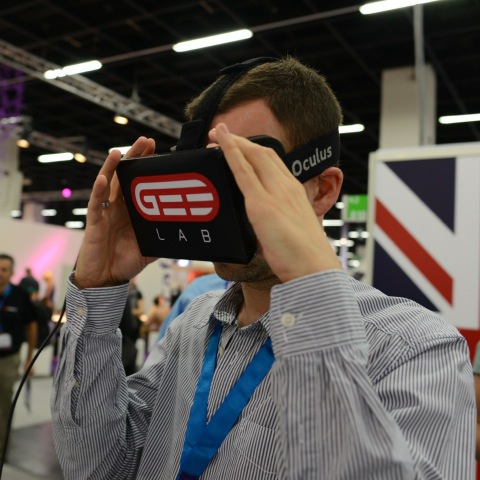In a Nutshell
At RMIT University's GEElab, we are researching how game design thinking can positively affect and alter architecture & urbanism, mobility, popular media, storytelling, engagement, other sciences as well as society itself.
Back in the '80s and '90s, Virtual Reality (VR) meant donning a headset and grasping at things that only you could see. VR as pure entertainment was the stuff of the super-gamer and was as limited in its appeal as its accessibility. In 2013, Oculus Rift released a headset available to the general consumer for under $500 and, not long after, Facebook acquired Oculus for $2billion.
Part of the unmasking of virtual reality has been its application to real-world needs - architectural walk-throughs, simulations, training - which is where the GEElab can show you the potentials of virtual reality. Join four GEElab experts and their guests as they take you through how (not) to build a VR game, how to use VR for architectural visualisation, serious games, and how to implement VR in Unity and Unreal Engine version 4. Games will also be playable at the session.
This event is presented by RMIT University Games and Experimental Entertainment Lab (GEElab) as part of Melbourne Knowledge Week 2014.

At RMIT University's GEElab, we are researching how game design thinking can positively affect and alter architecture & urbanism, mobility, popular media, storytelling, engagement, other sciences as well as society itself.